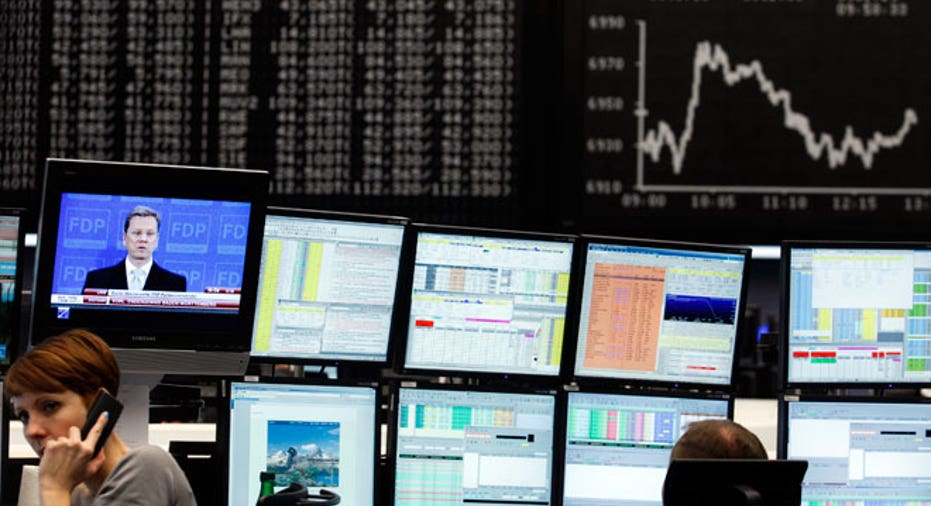Futures, Global Stocks Rise with Eyes on G20 Growth Push

As of 8:00 a.m. ET, Dow Jones Industrial Average futures were 73 points higher, or 0.44% to 16742. S&P 500 futures gained 8 points, or 0.40% to 1960, while Nasdaq 100 futures added 24 points, or 0.55% to 4268.
(The following is the original story published by Reuters)
Stock markets gained for the third day in five on Friday as G20 policymakers meeting in Shanghai sought common ground on how to reboot a struggling global economy in the face of renewed financial and political risks.
Another day of steadier oil and currency prices supported the brighter mood after a week marked chiefly by the woes of Britain's pound at the start of a campaign over whether to leave the European Union in a referendum in June.
Setting the tone for the Shanghai meeting of the Group of 20, China's central bank chief, Zhou Xiaochuan, said Beijing still had the room and tools to support the world's second largest economy.
Chinese and other Asian stock markets made guarded gains and Europe's major markets were all up by around 2 percent. The yuan currency, battered in January by speculation Beijing would have to devalue sharply, was roughly steady.
Sterling gained around half a percent against the euro and dollar.
"The focus is definitely on the G20 meeting, which has the ability to support the market, particularly the comments from Zhou... that there is no basis for further yuan depreciation," said the head of emerging market research at Credit Agricole, Sebastien Barbe.
"It is key for them to convince the market that they are not going to enter into a currency war."
With the world economy facing its most serious crisis of confidence since the global financial turmoil of 2008-9, economists and officials have raised the prospect of governments pledging together to spend more to bolster growth.
German Finance Minister Wolfgang Schaeuble, however, was quick to declare that the scope for monetary and fiscal policy was exhausted globally and called for more structural reform. Italian central bank governor Ignazio Visco said markets should not expect concrete action from the meeting.
"We’ll get supportive statements on the growth outlook remaining decent and ... we’ll hear that policy options are still available if growth were to take a much more significant dip downwards," said Alvin Tan, a currency strategist with French bank Societe Generale in London.
"But despite the likely positive rhetoric, it’s going to be rhetoric. We just don’t see any substantive co-ordinated measures coming out of the G20."
MSCI's broadest index of Asia-Pacific shares outside Japan gained just over 1 percent. South Korea was roughly flat, while Japan's Nikkei gained just 0.3 percent.
Wall Street's S&P 500 scored its highest close since early January on Thursday after oil staged a turnaround on speculation a March meeting of major producers might stabilize prices.
U.S. crude rose 1.6 percent to $33.04 a barrel. Brent was 16 cents lower at $35.13.
On the British question, UK finance minister George Osborne said that the pound's 3 percent fall in three days at the start of this week was a warning that the "Brexit" debate was "not some political parlor game".
The pound has recovered some ground since hitting 7-year lows against the dollar on Wednesday and is now down 2.7 percent on the week, its worst performance since 2010.
(Additional reporting by Shinichi Saoshiro in Tokyo; Editing by Toby Chopra)



















